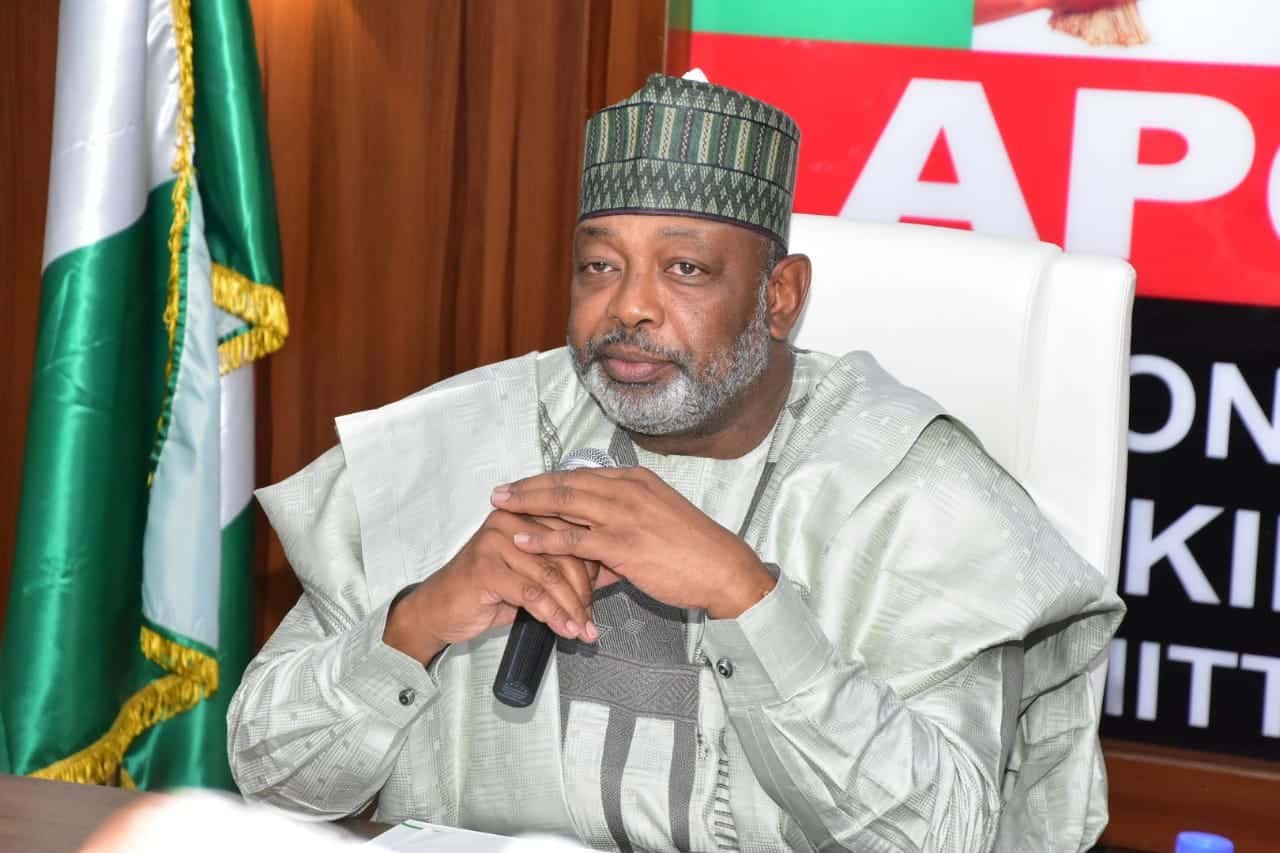The rise in food prices has prompted the federal government to contemplate closing the nation’s borders.
The Minister of Agriculture Abubakar Kyari made the disclosure while discussing it with the Senate Committee on Banking, Insurance, and other Financial Institutions.
Kyari stated that Nigeria is grappling with unrecorded food exports to neighboring countries, which is fueled by the strengthening of the CFA franc and the devaluation of the naira. Consequently, Nigerian food products have become much more affordable, resulting in rampant smuggling across unprotected borders.
“One CFA is N2.20kobo, this means 1000 CFA is N2,200, this is something that was, N400-N500 few years ago. Because of the devaluation of naira, our food is the cheapest around the neighbourhood, so you find a lot of undocumented exports which is smuggling across our porous borders”, Kyari said.
Although the government is focusing on increasing domestic manufacturing, Kyari cautioned that ongoing economic difficulties could potentially compel the government to face the tough decision of closing the borders.
“We are trying to ramp up production, what we are faced with unfortunately, is to see how we can secure food for our 230 million people and at the same time, if this economics continues , we have to either seal our border, or produce for all other Africans”, he said.
Kyari attributes the food shortage to various factors, such as the insufficient planning by the previous administration for the upcoming farming season in 2023, the insecurity issues that discourage farmers, and the crisis in foreign exchange. Additionally, he highlighted the actions of investors from India, China, and Turkey who purchase Nigerian crops at inflated prices to earn foreign currency, often without repatriating it, thereby depriving the government of revenue.
In order to tackle these challenges, the government intends to launch rice farming projects spanning 200–250 hectares in the medium term. However, the scarcity of paddy and maize presents significant obstacles to the execution of these plans.




